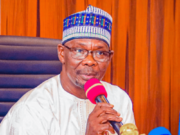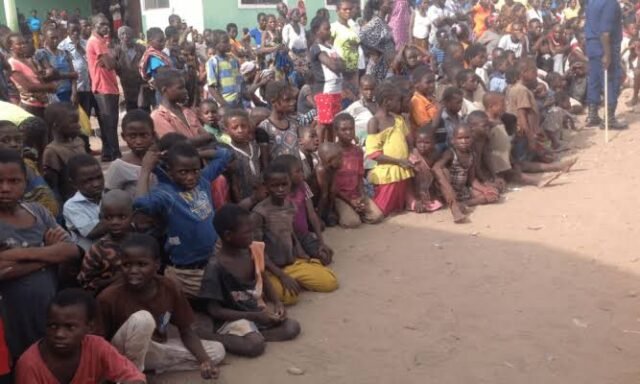In a country grappling with an alarming education crisis, the spotlight must shine on Northern Nigeria—home to the overwhelming majority of out-of-school children (OOSC). The latest data reveals a stark reality: 80 per cent of Nigeria’s estimated 20 million out-of-school children hail from the North—an indictment that calls for urgent, heartfelt action.
Table of Contents
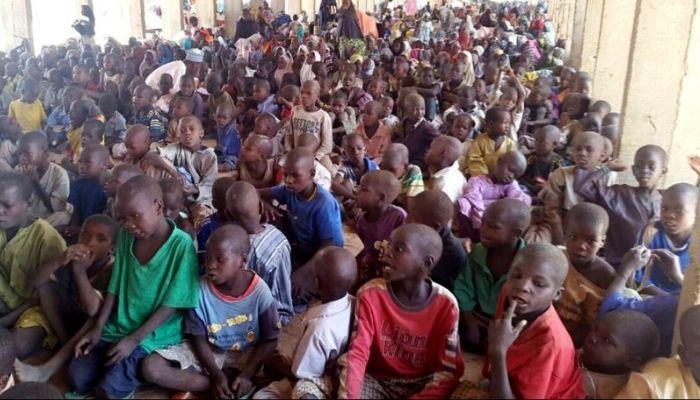
Out-of-School Children: A Burden Not All Can Ignore
The Northern Elders Forum, under the leadership of Prof. Ango Abdullahi, has made it clear: this crisis is not merely the failure of remote states or faceless systems. It is a collective failure of Northern leadership, past and present. From independence right down to the Buhari years, the region has held sway over national resources. Yet, those very resources failed to uplift its children.
A former vice-chancellor, Abdullahi recalled, painted this picture bluntly—Northern leaders have long sidestepped responsibility, while accumulating educational deficits. That history now demands accountability.
Cultural and Structural Foundations of Educational Backwardness
The reasons are deep-rooted. In many Northern communities, early marriage is not only prevalent—it is often celebrated. Mass wedding sponsorship, meant to uphold tradition, too frequently, supports unions that families cannot sustain. Multiply that by a cultural bias towards polygamy, large families without sufficient means, and children receiving only Quranic instruction devoid of practical skills.
These cultural norms, coupled with abysmal investment in infrastructure and teacher welfare, have rendered public schools hollowed-out shells. Once producing the elite, today many of these institutions offer little hope—especially in Northern Nigeria.
The Other Side of the Statistics: Security and Crisis
Education cannot thrive where insecurity rules. In 2024, UNICEF reported the number of out-of-school children had soared to 18.3 million nationwide—a number driven up significantly by violence-ridden Northern regions.
Of that, about 10 million dropouts are directly linked to insurgency, banditry, kidnappings, or displacement. Over 600 teachers were killed between 2012 and 2016; thousands more were displaced. Meanwhile, school kidnappings remain a terrifying reality—like the 227 pupils abducted in Kuriga, Kaduna in 2024.
Such insecurity and trauma lay a heavy, complex burden on would-be students and educators alike.
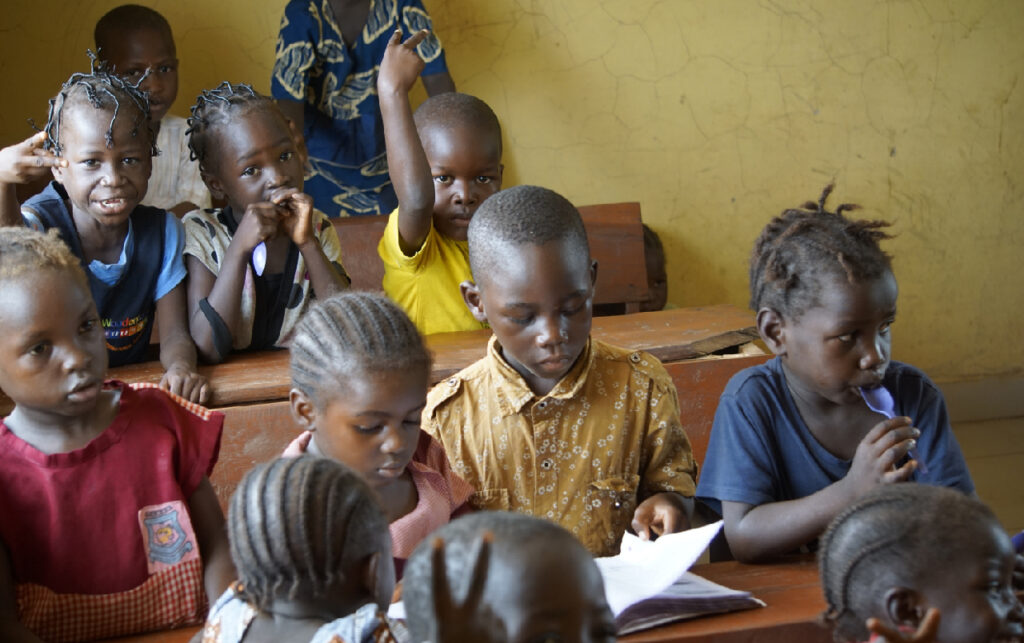
The Stakes: Nigeria’s Future on the Line
Out-of-school children are not just a statistic—they are trapped potential and a liability to the nation’s future. As Vice President Kashim Shettima warned last year: every child left abandoned to the streets is a threat to their classmates tomorrow. “Abandoned children today become tomorrow’s liability,” he said.
Strong data supports his words: in states like Kebbi, Bauchi, and Zamfara, over 60 per cent of primary school-age children are out of school. Secondary school numbers are equally distressing.
What Northern Stakeholders Must Do
While Abuja—and indeed all Nigerians—must play their part, the North cannot outsource this responsibility any longer. Here are key areas where Northern governments, traditional rulers, and community leaders must lead:
- Limit Family Sizes via Awareness Campaigns
Programs that sensitise communities on the economic and educational impact of large families can help parents plan more realistically. - Reform Cultural Practices
Redirect mass wedding sponsorship funds toward school infrastructure, scholarship funds, and vocational training—ensuring traditions empower, not impoverish. - Revive Public Schools
Invest heavily in teacher welfare, facilities, and curriculum renewal—homing again the excellence public schools once offered. - Secure Learning Environments
Collaborate with security agencies to ensure schools are safe havens—not targets—in conflict hotspots. - Engage Non-Governmental Partners
Organisations like UNICEF, NECT, and ACE Foundation have made inroads with learning centres and radio schooling initiatives. Their efforts must be scaled across the North. - Address Almajiri Education
The Almajiri system urgently requires an overhaul. Children in that system often face neglect and are prey to exploitation. Mandating family accountability could reduce this harmful trend.
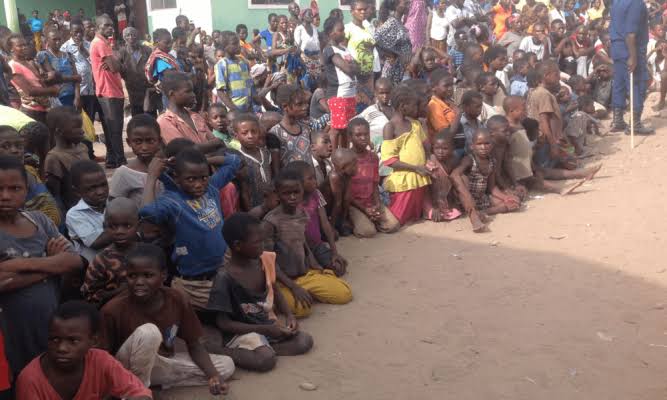
A Collective, But Accountable, Path Forward
There is no single saviour here—it’s a national issue that demands national resolve. Yet, the lion’s share of the burden lies in the heart of Northern leadership. The region must wake up to its failures, champion bold reforms, and ensure these children, often forgotten, take back their rightful place in classrooms across Nigeria.
By embracing this responsibility, Northern Nigeria can begin to write a new chapter—one where cultural strength meets educational opportunity, and where every child—not only survives, but has the chance to thrive.
Join Our Social Media Channels:
WhatsApp: NaijaEyes
Facebook: NaijaEyes
Twitter: NaijaEyes
Instagram: NaijaEyes
TikTok: NaijaEyes
READ THE LATEST EDUCATION NEWS





